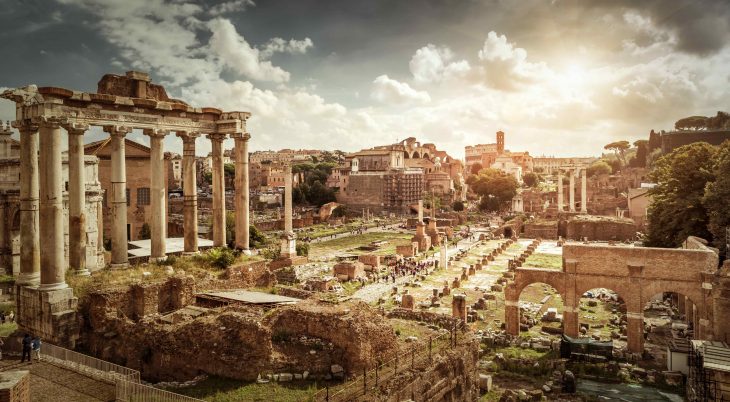
Every wondered what is the oldest country in the world? The world was once believed to be a supercontinent, known as ‘Pangea’. Meant to describe the way in which all continents were joined together, Pangea existed 240 million years ago and began to break apart to form the countries we are now familiar with about 200 million years later.
Over time, mankind has seen countless nations and countries rise and disappear into the annals of history. It is impossible to say which the oldest country in the world is with complete certainty. Here are 20 of the longest surviving civilizations.
Iran
Since: 3200 BCE
Founder: Cyrus II
Capital: Tehran
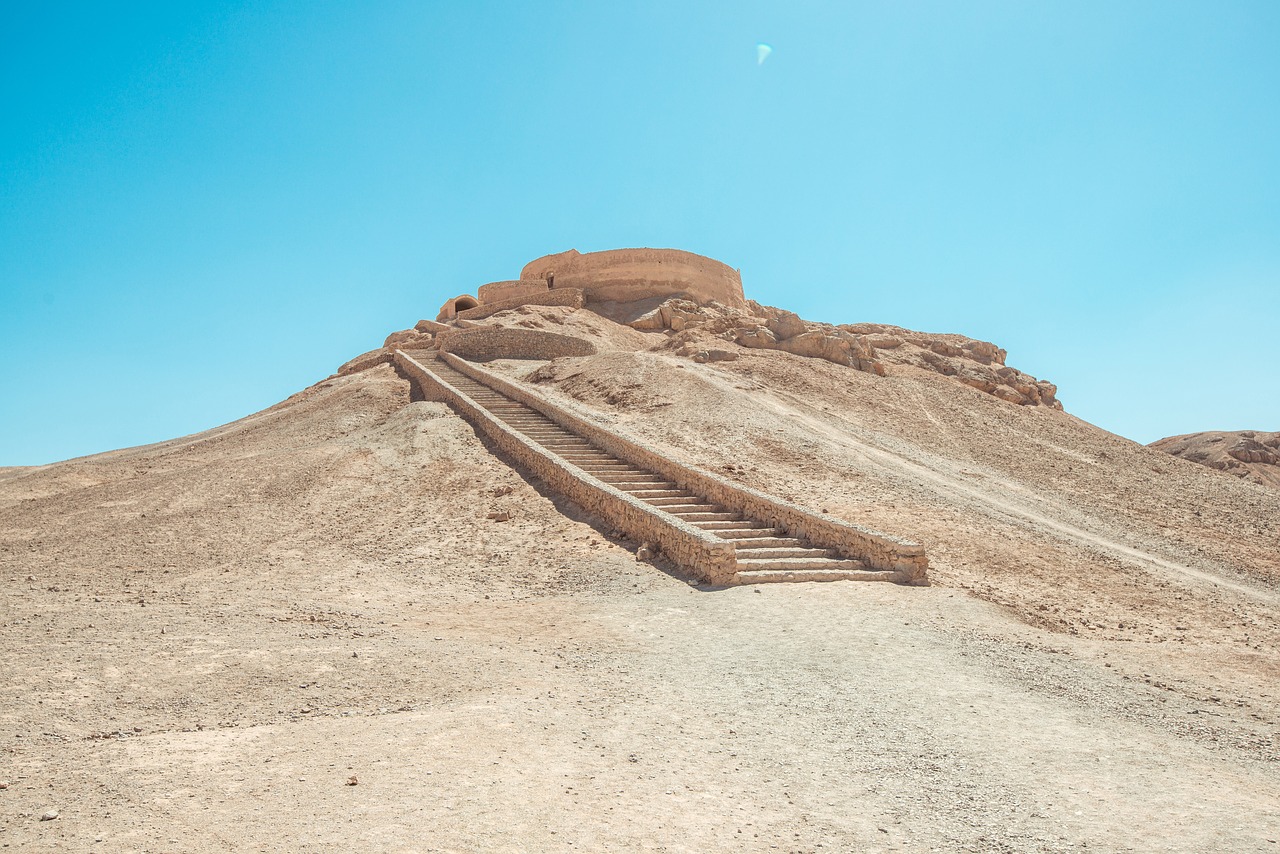
Up till the mid-20th century, Iran was referred to as Persia. The nation is one of the world’s oldest continuous major civilizations. Its historical and urban settlements date back to 7000 BCE. First unified by the ancient Medes people in 625 BCE, Iran was once part of the largest and first world empire of Cyrus The Great, known as the Achaemenid Empire (550–330 BC).
Later in 1501, under the Safavid dynasty, the nation was named a liberated state. Iran became a Shia monarchy ruled by an emperor almost without interruption from 1501 until 1979. For these reasons, Iran is widely recognized as the oldest country in the world.
Egypt
Since: 3150 BCE
Founder: King Narmer Menes
Capital: Memphis (abandoned in 7th century CE), Cairo
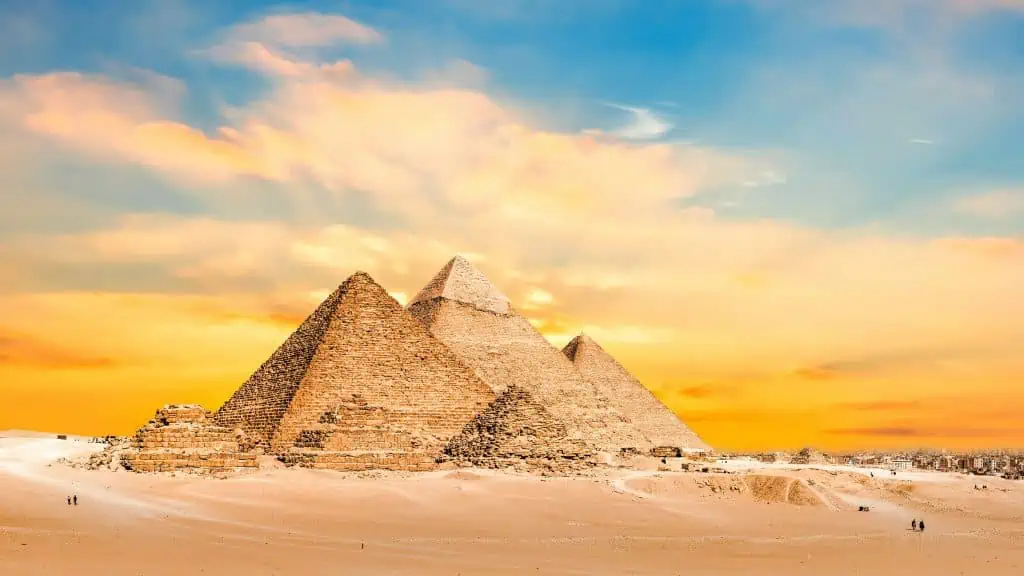
Egypt has existed for almost 30 centuries. In recent years, excavations have discovered a lost city. These new findings in Sohag are believed to be more than 7,000 years old. With the help of these new findings, ancient Egypt‘s early dynastic periods now predate approximately 5 millennia ago. Archaeologists suspect that these newly found dwellings and graves are part of a long-gone capital that is now resurfacing. Other suspicions characterize the area as a separate village, possibly overcome by the historic city, Abydos.
Syria
Since: 3000 BCE
Founder: Unknown
Capital: Damascus
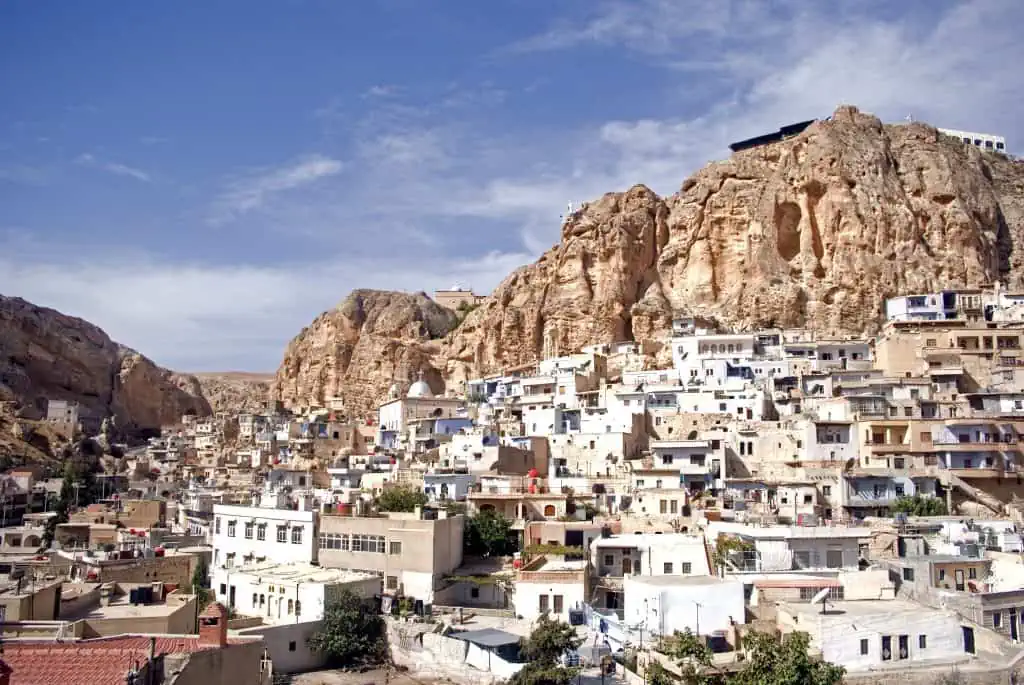
Ruled by several empires, Syria is home to remains that date as far back as an estimated 700,000 years ago. Of the innumerable uncovered, the remains include skeletons and bones of archaic humans. Subsequent archeological excursions have also uncovered the nation’s long-lost city of Elba. This city is one of the earliest colonies to be excavated and is believed to have existed around 3,000 BCE. Thanks to these findings, Syria ranks high as the oldest country in the world.
Vietnam
Since: 2879 BCE
Founder: Hung Vuong
Capital: Hanoi
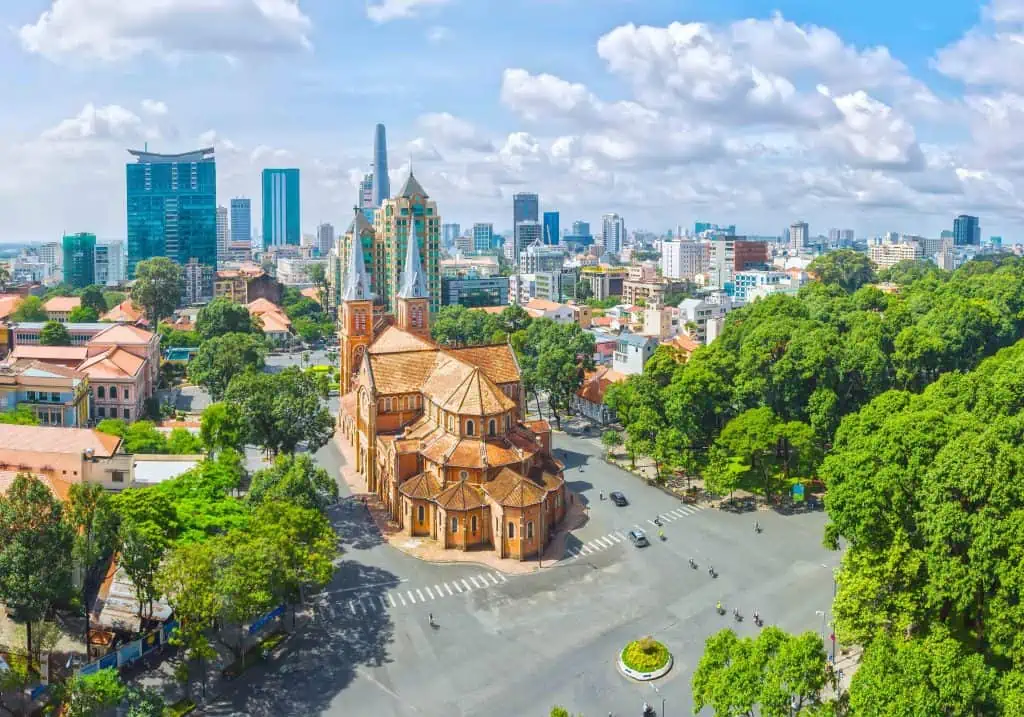
The history of Vietnam traces back to 20,000 years ago. Excavations from 1965 have uncovered the remains of two hominins. These findings suggest a Middle Pleistocene era and are evidence that prehistoric Vietnam existed half a million years ago. This nation was home to some of the world’s earliest societies. Therefore, this makes the Vietnamese one of the world’s first communities of farmers and a strong contender to become the oldest country in the world.
Armenia
Since: 2492 BCE
Founder: The Medes
Capital: Yerevan
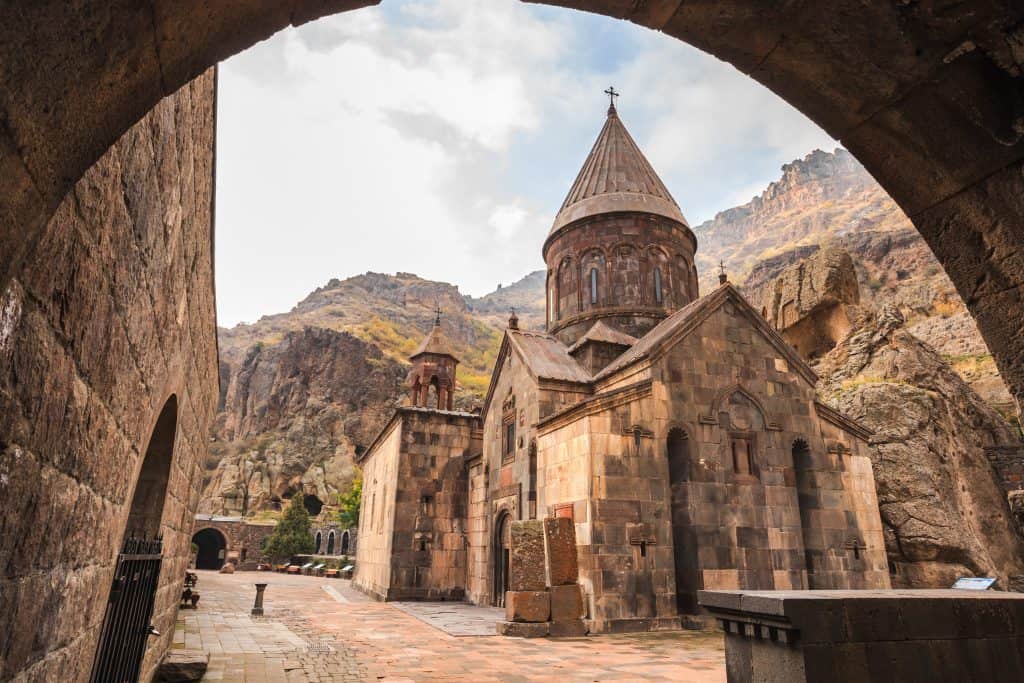
Armenia’s history spans over 3,500 years, with the first mentions of the country occurring in the sixth century BCE. Despite this, the nation was only established in 782 BCE. At the height of its power, Armenia extended from the Black Sea through the Caspian and the Mediterranean Sea to Lake Urmia in Iran. Its natives were one of the first to accept Christianity as a state religion in 301 CE. To this day, the nation still adheres to its own Armenian Apostolic Church.
Korea
Since: 2333 BCE
Founder: King Jumong
Capital: Jolbon (37 BCE – 3 AD), Gungnae (3–427), Pyongyang (427–668)
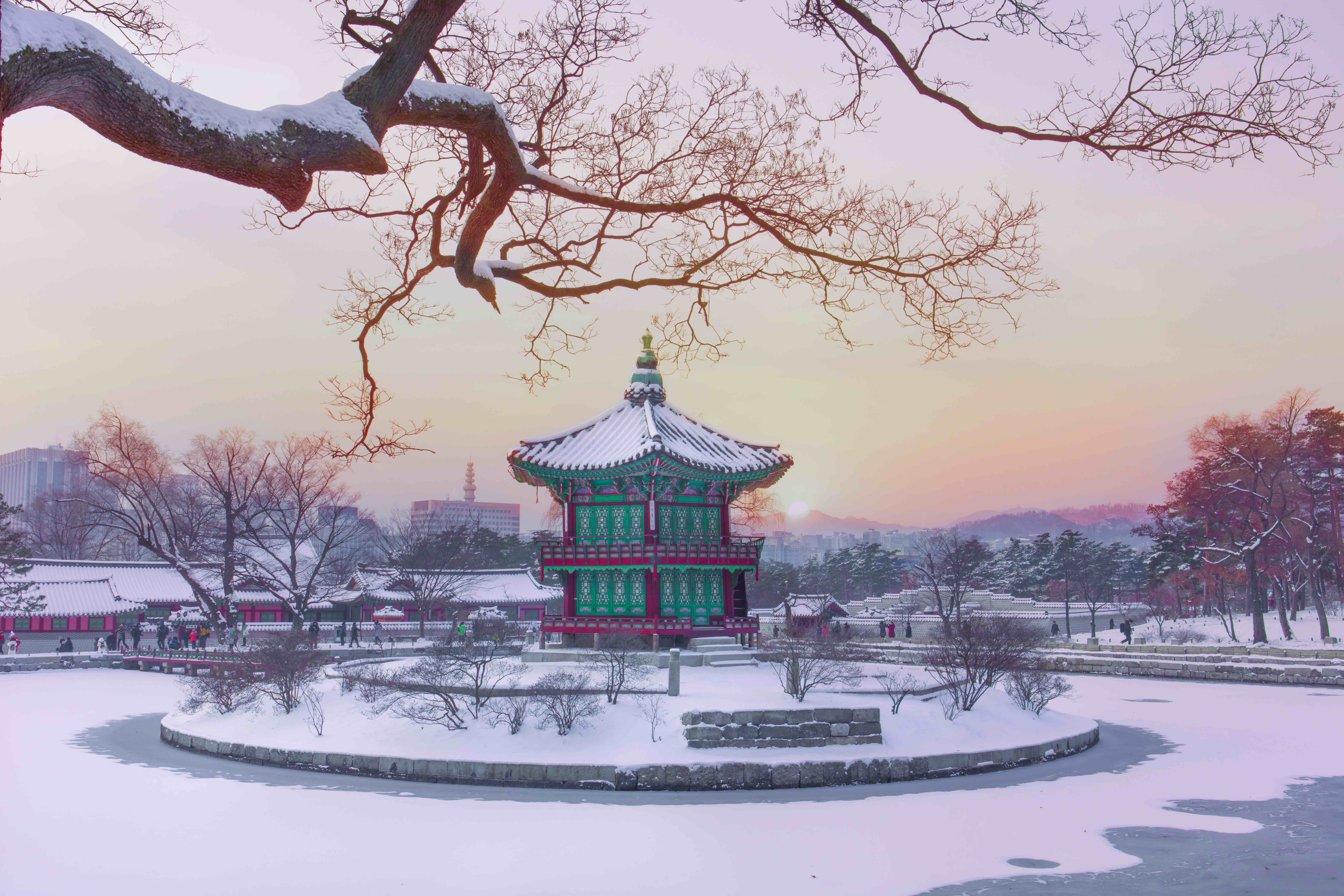
The Korean peninsula, now consisting of North Korea and South Korea, as a whole possesses an estimated 5,000 years worth of history. Originally known as ‘Gojoseon’ from 2333 BCE to 108 BCE, Korea is the first nation to invent movable metal type printing. This invention has since transformed communication. It also played a significant role in furthering the development of world culture.
Throughout 37 BCE to 668 CE, the Goguryeo kingdom was deemed one of the strongest East Asian nations. While in modern times, this peninsula may no longer be eligible as the oldest country in the world, it once stood as a strong contender for the title.
China
Since: 2070 BCE
Founder: Yu the Great
Capital: Xi’an (221 BCE), Beijing
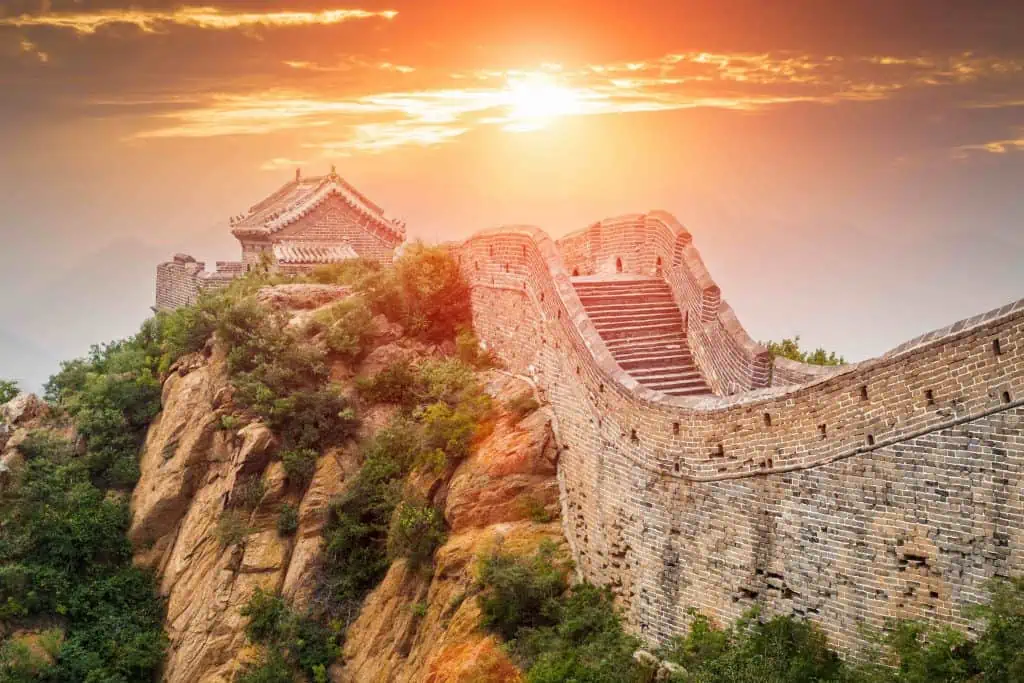
Why is China considered the oldest country in the world? The earliest Chinese civilization saw the unity of North Central China during the Shang Dynasty in 1700–1046 BCE. This period sees the first practices of dynastic succession. Despite this, there is still limited evidence of its existence.
Prior to this time, historians debate the existence of an earlier civilization known as the Xia Dynasty. 20th-century excavations have uncovered sites that match the descriptions of earlier historians’ accounts. Based on these accounts, some scholars don’t believe that the Xia Dynasty is real while others state that it represents the first government in ancient China. As of today, each site uncovered does not undisputedly prove the existence of the Xia Dynasty.
India
Since: 2000 BCE
Founder: Indus Valley Civilization / King Chandragupta Maurya
Capital: Pataliputra
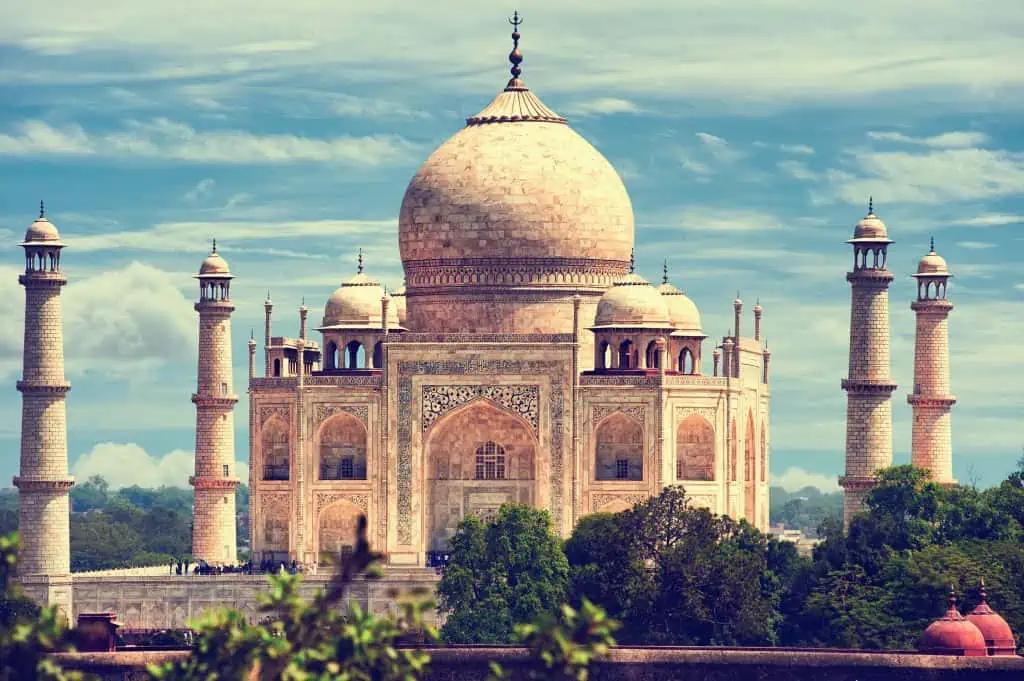
Communities in India have existed for at least 250,000 years. Leaving behind traces of hominoid activity, the Bronze Age witnessed India’s earliest known civilization. This community is the ‘Indus Valley Civilization,’ or the ‘Harappan Civilization’.
The Indus Valley Civilization thrived throughout 3,300 BCE and 1,300 BCE. Archeologists believe that it is also known as ‘Meluhha’, which is mentioned in Ancient Mesopotamian texts. Due to these beliefs, professionals predict that rich culture and urban civilizations had flourished in the country at least 5,500 years ago.
Israel
Since: 1300 BCE
Founder: King Saul
Capital: Shechem (930 BCE) Penuel (930–909) Tirzah (909–880) Samaria (880–c. 720), Jerusalem

Situated between the Mediterranean Sea and the Red Sea, Israel’s existence has weathered through the Middle Bronze and Iron Age eras. Its region showcases evidence of the earliest migration of hominids out of Africa.
Georgia
Since: 1300 BCE
Founder: King Bagrat III
Capital: Savannah (1777), Tbilisi
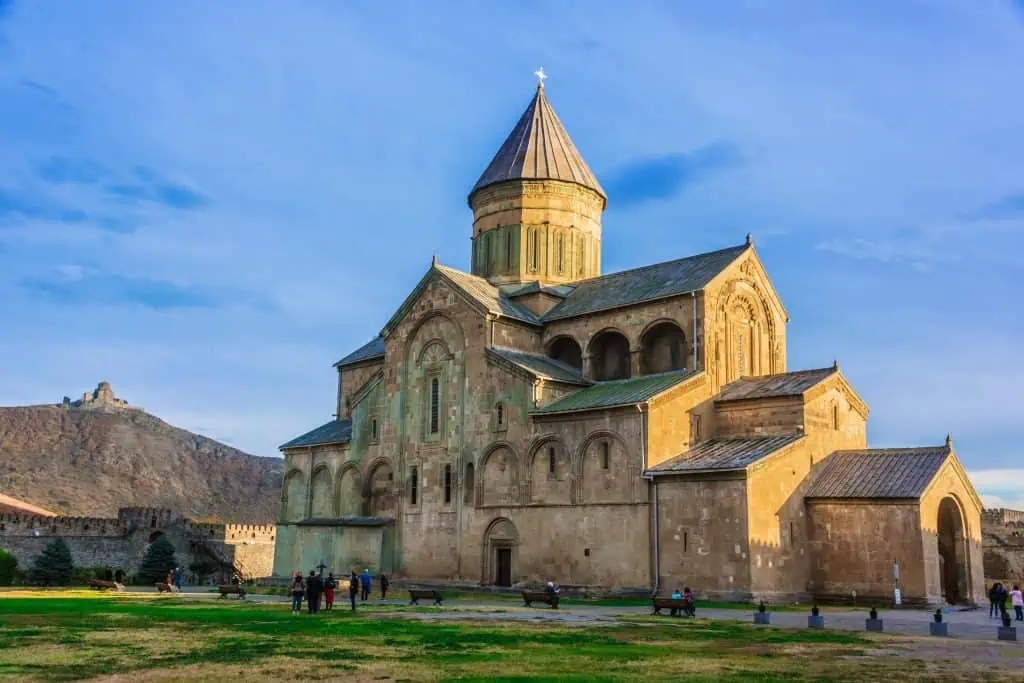
Modern-day Georgia is regarded as the birthplace of winemaking. Here, one can find the oldest wine jars in the world. Some of these jars are at least 8,000-year-old and are considered to be antiquated evidence of prehistoric winemaking. Archaeological findings based on ancient sources also confirm the existence of early political and societal constructs. These findings date back to the 7th century BCE. As a result, Georgia is a strong contender to be the oldest country in the world.
Sudan
Since: 1070 BCE
Founder: Muḥammad Aḥmad ibn ʿAbd Allāh al-Mahdī
Capital: Khartoum
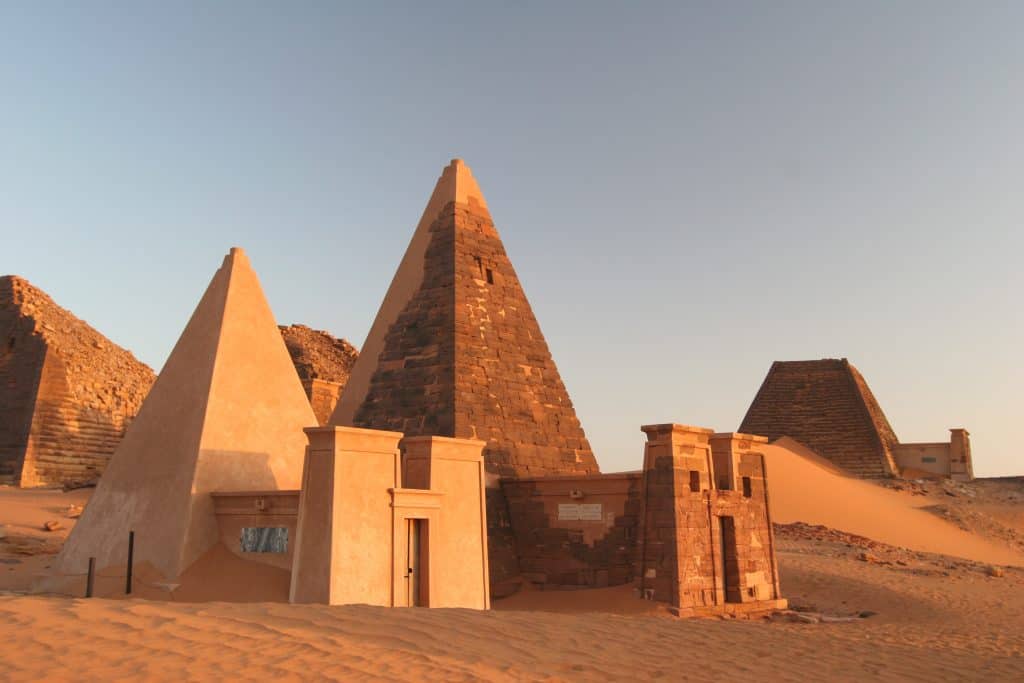
The Republic of Sudan dates back to at least 3,000 years ago. Archaeological research indicates that by the eighth millennium BCE, communities in the final stage of cultural evolution had settled into Sudan. These people lived in strengthened mudbrick communities. They survived using advanced hunting, fishing, grain gathering, and cattle herding skills. Evidence suggests that these communities had relinquished the Sahara desert and migrated to Sudan to be farmers during the fifth millennium BCE.
Ethiopia
Since: 10th century BCE
Founder: Emperor Tewodros II
Capital: Addis Ababa
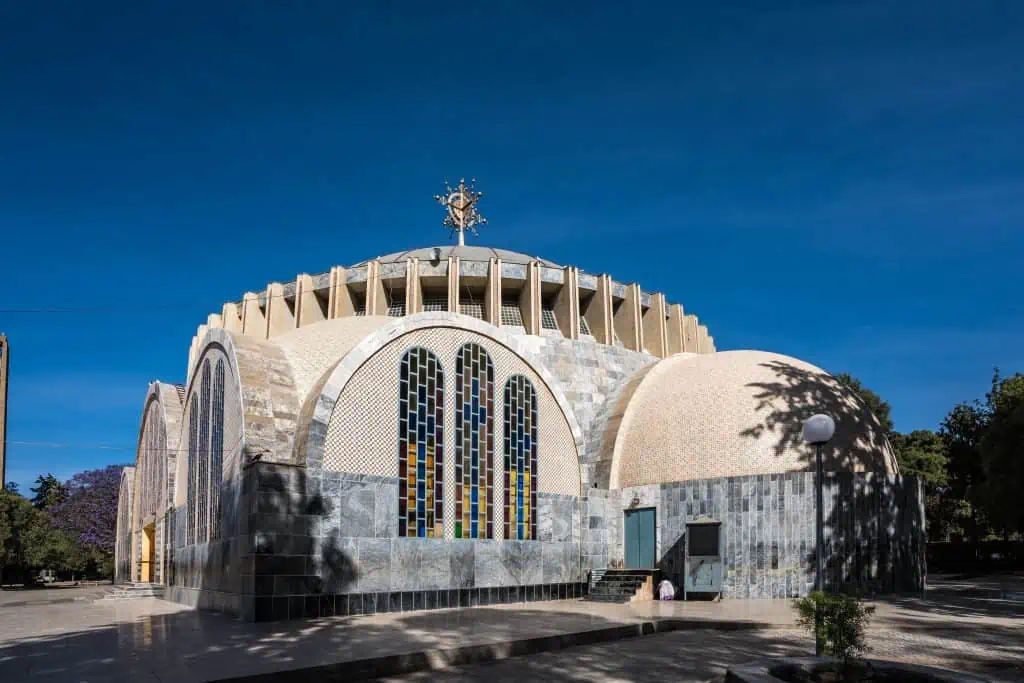
Ethiopia has existed for at least 2,000 years. It is the oldest liberated country in Africa and also one of the world’s oldest sovereign states. Comprising of over 80 ethnic groups, modern-day Ethiopia was never colonized. However, this is with the exception of its occupation by Italy from 1936 to 1941.
Ethiopia remains relatively young in comparison to others. Though unconfirmed, many scholars believe this region witnessed early archaic human inhabitants as early as 150 to 200 thousand years ago. The discovery of the world’s oldest hominid fossils further back these beliefs. Known as Ardipithecus ramidus, these fossils found in 1994, date as far back as 4.2 million years ago.
Greece
Since: 8th century BCE
Founder: Alexander The Great
Capital: Athens & Nafplio

Living simple hunter-gatherer and farming lifestyles, humanity has inhabited Greece for at least 40,000 years. As one of the oldest countries in history and the world, Greece has flourished throughout the ages. In fact, Europe’s first advanced civilizations appeared in Greece during 3200 BCE.
Meanwhile, the nation’s capital of Athens became home to the first-ever democratic system. This system was established in 508 BCE. What’s more, during the Archaic period of Greek history, the nation pioneered the first Olympic Games. Their efforts against the invading Persian army in the ‘Battle at Marathon’, inspired the mileage of modern-day long-distance races.
Afghanistan
Since: 678 BCE
Founder: Prince Ahmad Shah Durrani, Indus Valley Civilization
Capital: Kabul
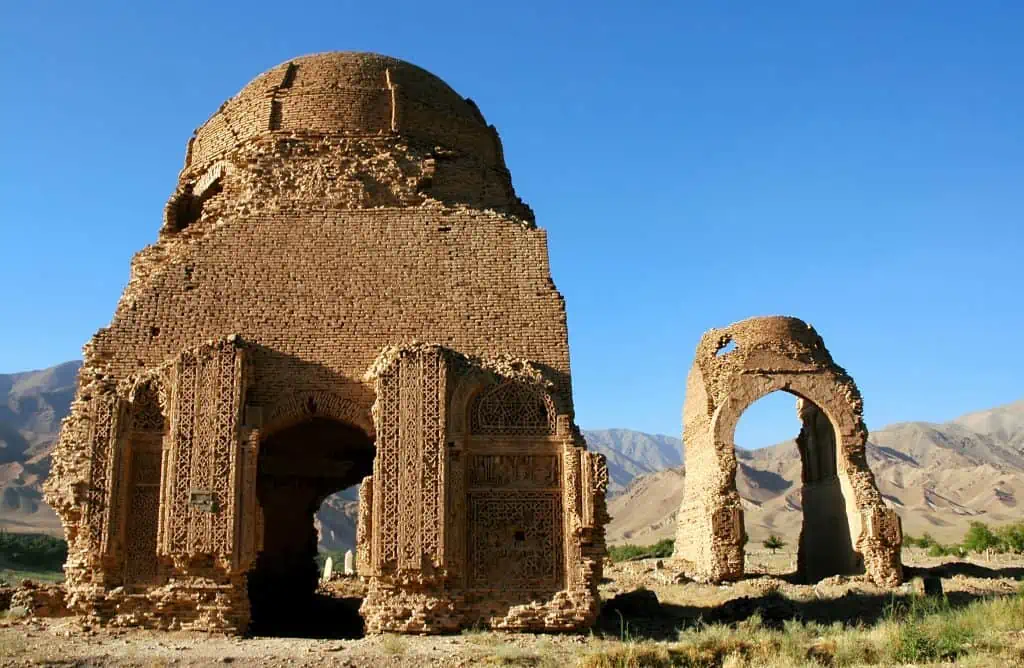
Ever considered Afghanistan to be the oldest country in the world? Archaeological finds suggest that Afghanistan has sustained human life for at least 50,000 years. Many believe, these civilizations first appeared in 3000 BCE. As a result, Afghanistan is home to the first few farmers in the world. The nation is also best known as a significant zone for early consequential activities. For these reasons, Afghanistan easily compares to Egypt’s historical value.
Japan
Since: 660 BCE
Founder: Emperor Jimmu
Capital: Nara (1206–1368 CE), Tokyo
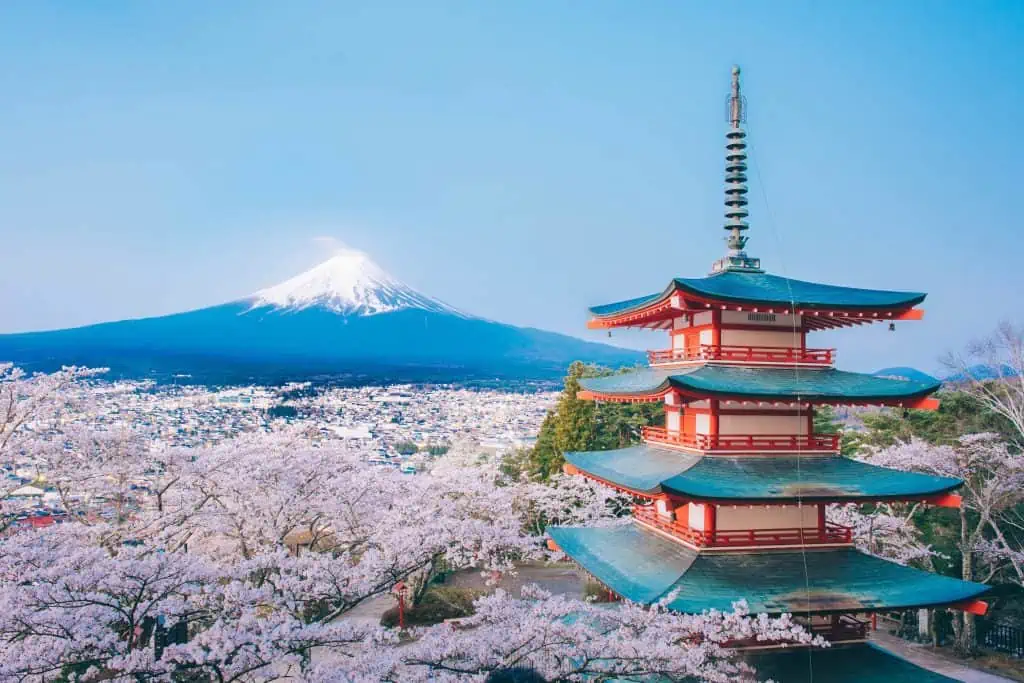
Japan is arguably the oldest country in the world. Dating back to 660 BCE, the nation was founded by Emperor Jimmu, and is at least 2,600 years old. Revered as a Buddhist-influenced hub of literary tradition, Japan’s history is up for debate due to its history’s reliance on mythology. In fact, Chinese chronicles only attest to Japan’s existence in the third century CE.
Ireland
Since: 600 BCE
Founder: The Celts
Capital: Dublin
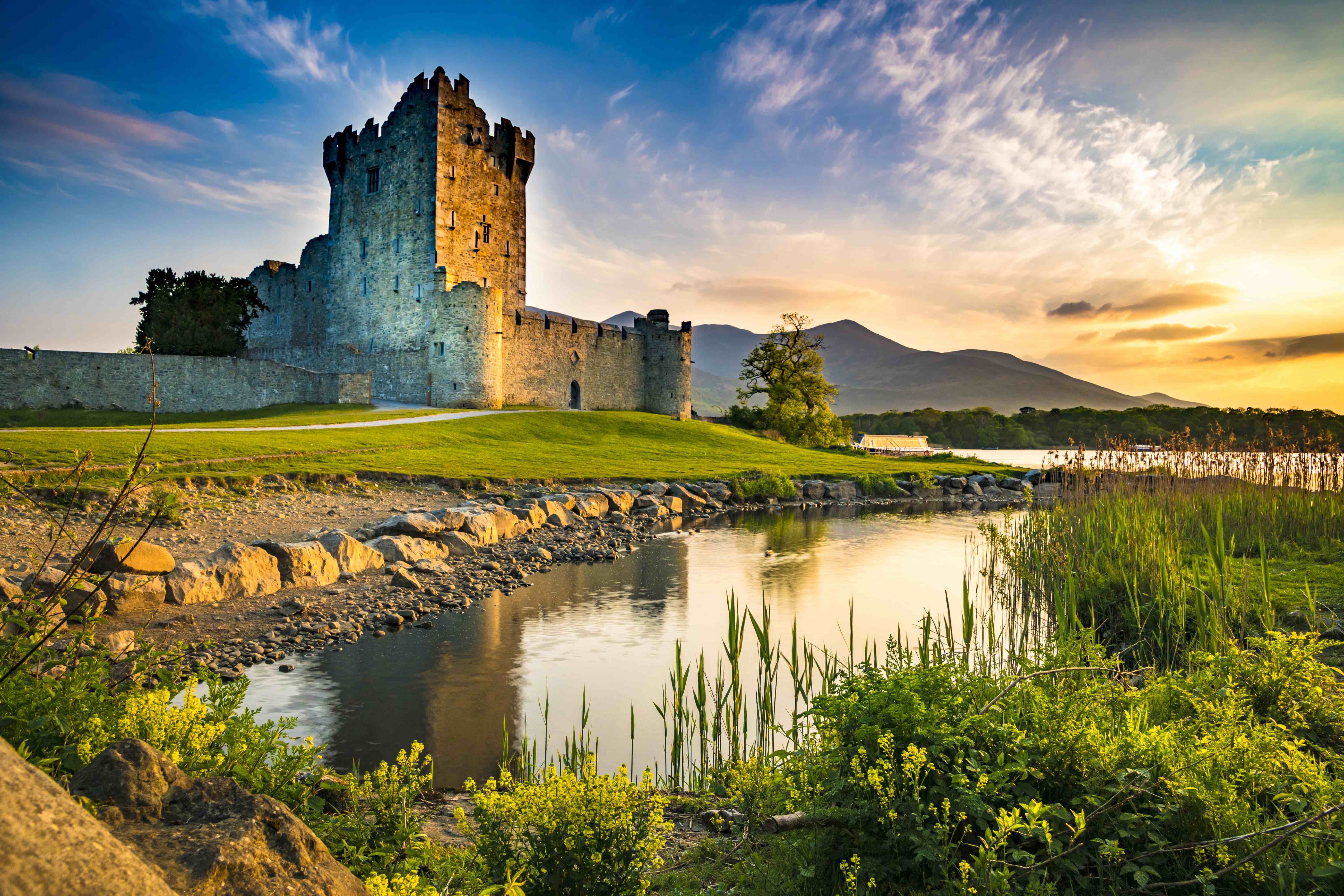
The Republic of Ireland has survived centuries of brutal famine, civil war, unity, and independence, as well as Christian, Viking, and Norman eras. Like most civilizations, the Irish people were once predominantly farmers. The first farmers arrived in Ireland at around 4000 BCE (approximately 10,000 years ago).
France
Since: 600 BCE
Founder: Hugh Capet
Capital: Marseille
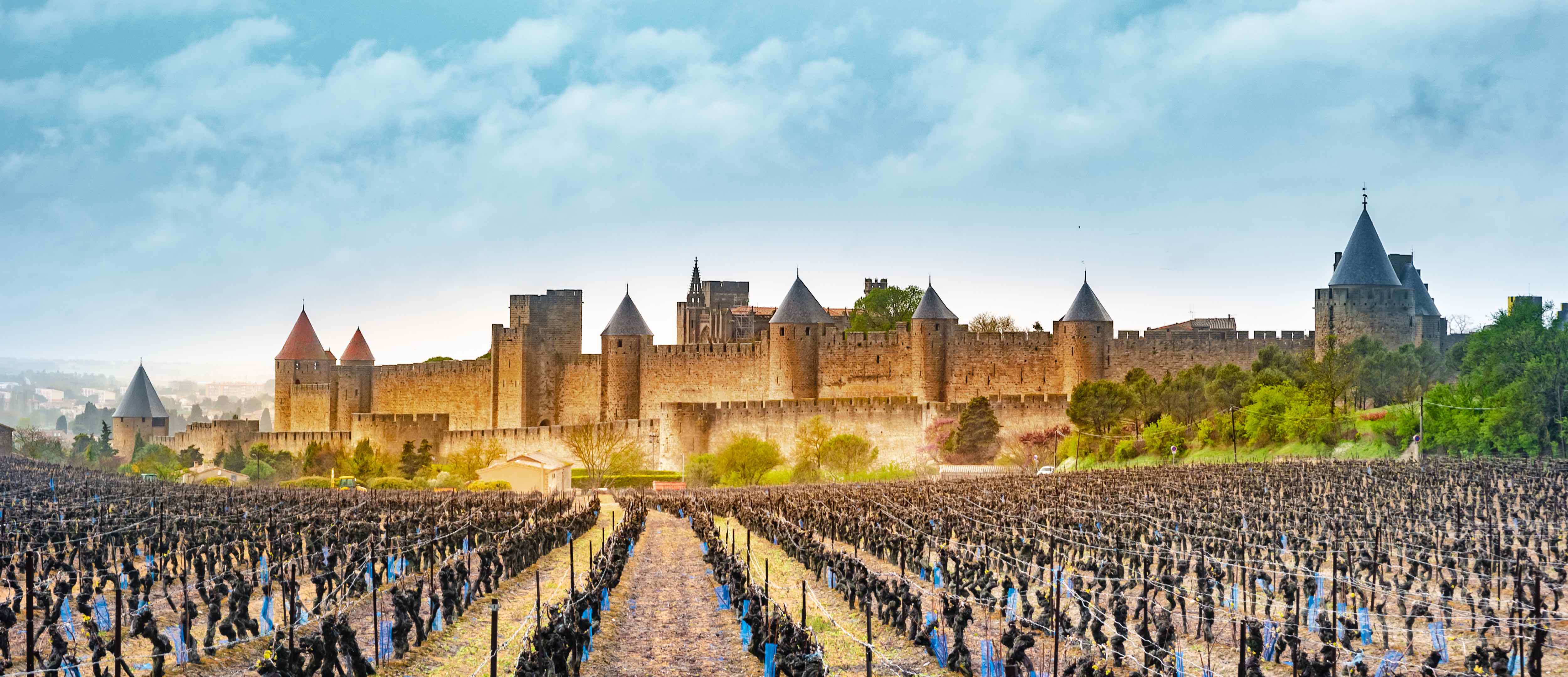
Despite only existing as a country for a little over a thousand years, France is renowned for some of the most important events in European history. Take for instance, the 1789 French Revolution, the Napoleonic Wars, and the German invasions in 1914 and 1940. The establishment of France as a nation was born out of consolidated power and expanded territory through battles with English monarchs and the Habsburgs.
Mongolia
Since: 209 BCE
Founder: Genghis Khan
Capital: Karakorum, Ulaanbaatar
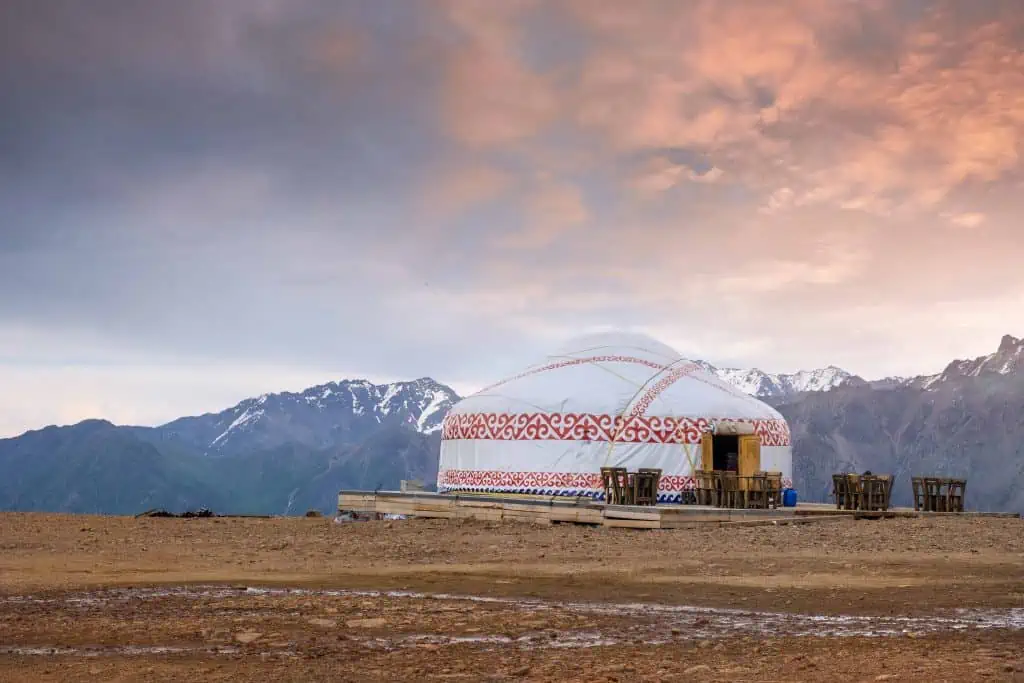
Founded by Genghis Khan in 1206, The Mongolian Empire comprised both Mongol-speaking and other Turkic tribes. Archaeological studies in the nation’s Khovd Province have found vibrant pink, brown, and red ochre paintings. These paintings depict historic animals and date as far back as 20,000 years ago.
Somalia
Since: 200 BCE
Founder: Mohamed Siad Barre
Capital: Mogadishu
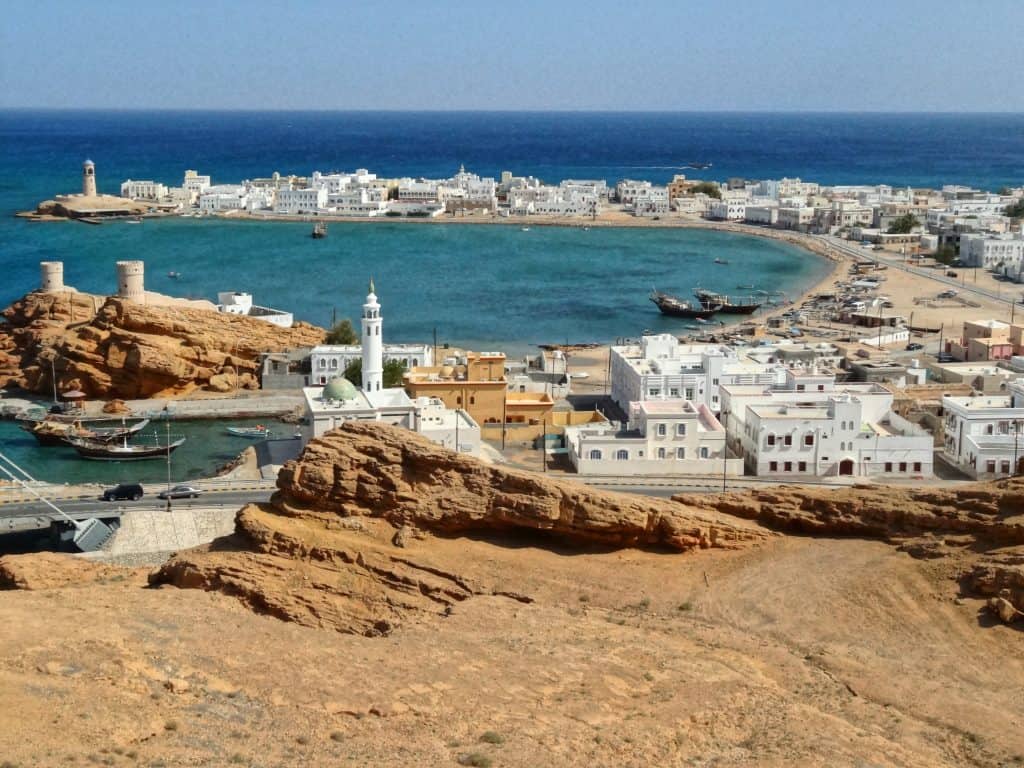
Some historians associate ancient Somali people with a huge prehistoric back-migration from the Levant. However, refined archeological studies, now suggest that these communities are native to Somaliland. This means, that the indigenous people of Somalia have existed for at least 7000 years.
The discovery of ancient rock paintings further proves that Somalia is one of the oldest countries in the world. These paintings depict early life in the territory and date back an estimated 5000 years. In fact, some of the earliest known rock art on the African continent features many elaborate sketches of animal and human-like silhouettes.
San Marino
Since: 3 September 301 AD
Founder: Saint Marinus
Capital: San Marino
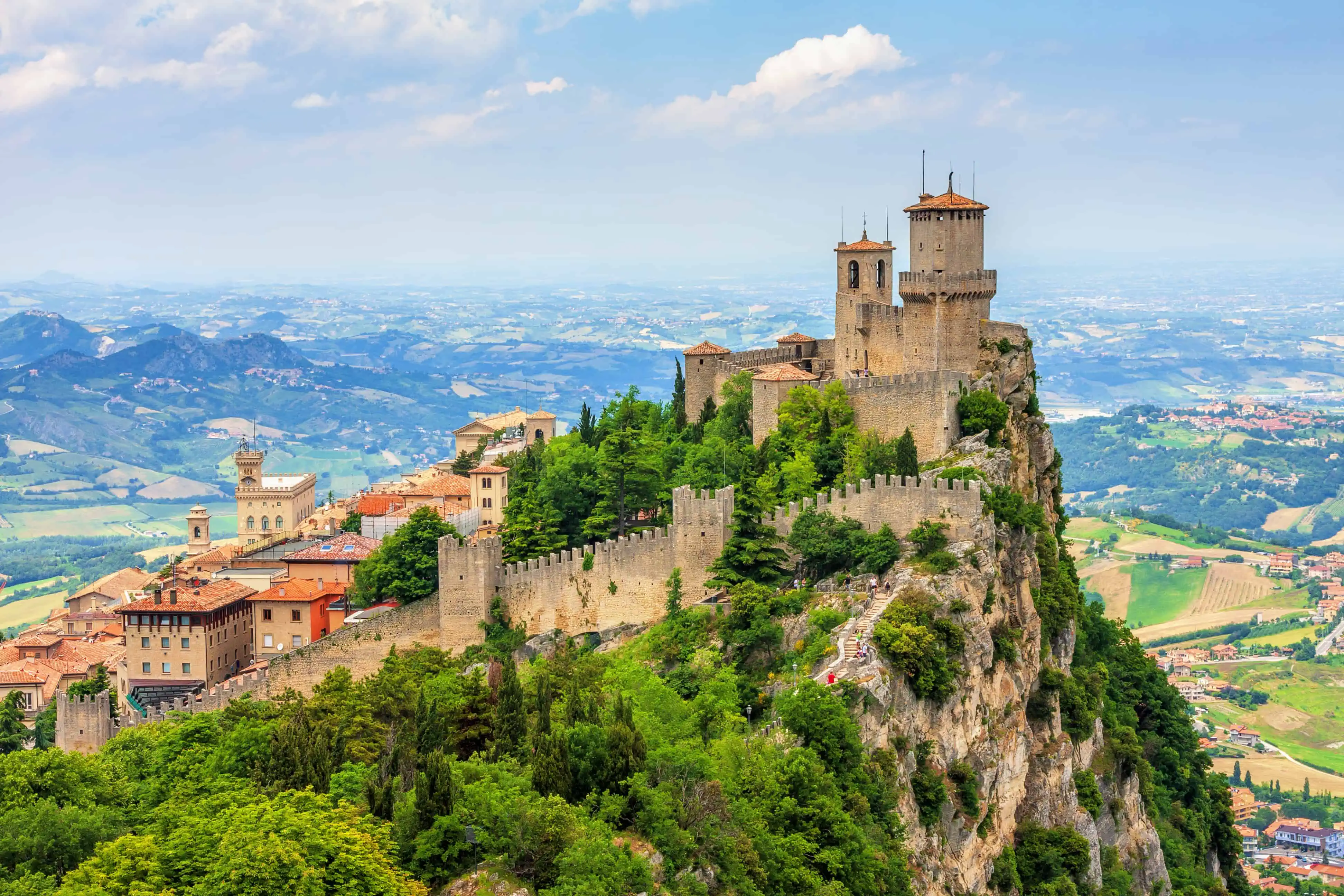
This nation is one of the smallest countries in the world. With a population amounting to less than 30,000, San Marino is the world’s oldest republic in existence. Established in 301 CE by a skilled builder called Saint Marinus, this minute nation was first recognized by Napoleon’s France in 1797. However, it wasn’t until 18 years later, that other European nations acknowledged its existence as a sovereign state.
Was this page helpful?
Our commitment to delivering trustworthy and engaging content is at the heart of what we do. Each fact on our site is contributed by real users like you, bringing a wealth of diverse insights and information. To ensure the highest standards of accuracy and reliability, our dedicated editors meticulously review each submission. This process guarantees that the facts we share are not only fascinating but also credible. Trust in our commitment to quality and authenticity as you explore and learn with us.
